Mozambique’s $57 billion of LNG projects get reboot despite risk - Bloomberg
Mozambique seeks South Korea’s experience to massify vehicular natural gas – Watch
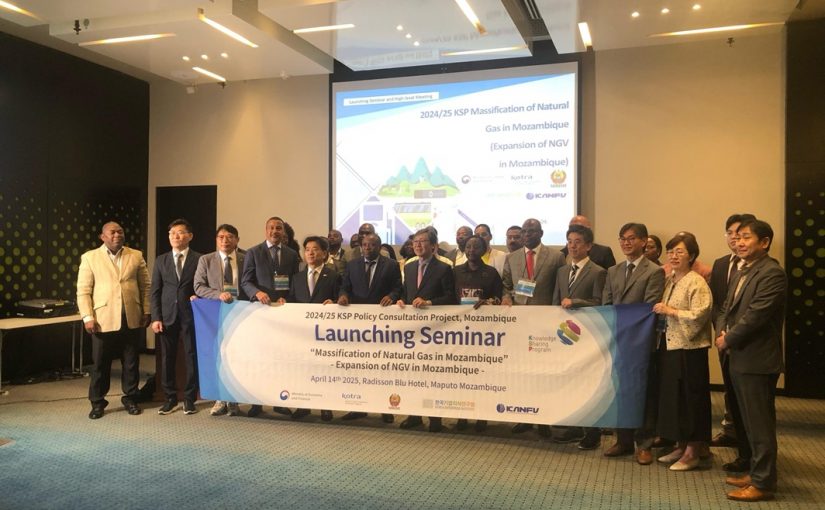
Photo: O Económico
A group of South Korean experts met on Monday (14) in Maputo with the Mozambican government for a seminar to share knowledge on how to massify the use of vehicular gas in the country. The project is seen by the Mozambican government as an opportunity, as the meeting is taking place at a time when Mozambique is facing fuel import problems.
Speaking at the opening of the seminar, the South Korean ambassador, Bok-won Kang, began by pointing out that his country is proud to support the mass use of vehicular gas in Mozambique, as “over the years, various segments of companies have already supported the country in different projects, including in the Rovuma basin”.
“We are also pleased to be able to lend our support to ensure that the real benefits can actually serve the population. This project aims to develop a natural strategy for the use of natural gas in the transport sector. South Korea, in particular, began a similar journey in the 2000s,” said Bok-won Kang.
The South Korean diplomat added that similar programs implemented in South Korea have been successful because some government institutions and agencies have been working closely together to create the necessary infrastructure. For this reason, “we are looking forward to working side by side with the Mozambican government and achieving fruitful results”.
For its part, the Mozambican government, represented by the Permanent Secretary of the Ministry of Mineral Resources and Energy (MIREME), António Manda, praised the initiative of the event organized by KOTRA – the commercial section of the South Korean Embassy, stating that the programme is of great importance for the transport sector in Mozambique, given the challenges the country faces in importing liquid fossil fuels.
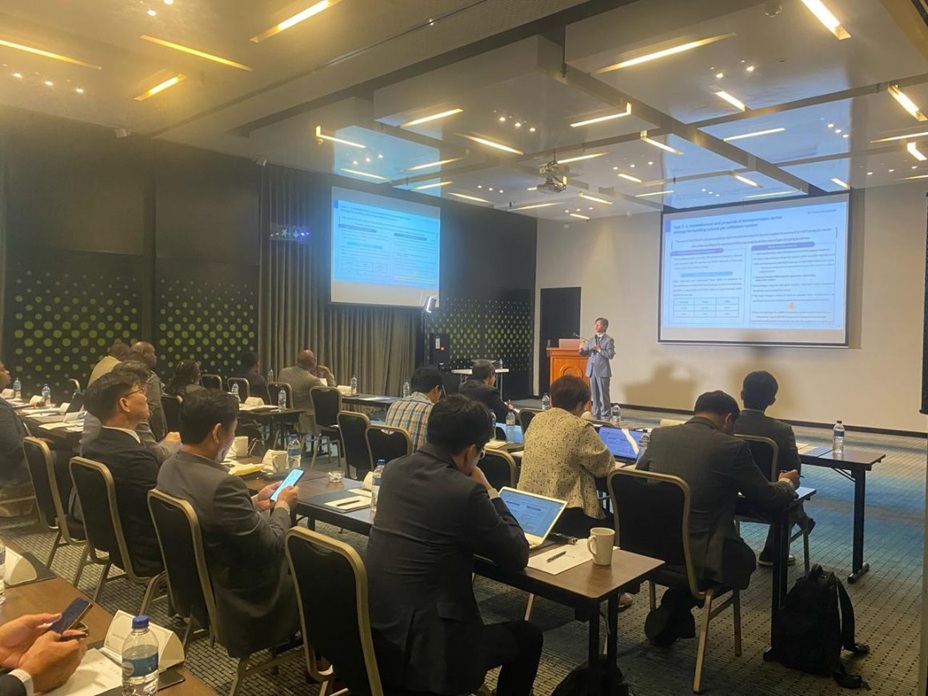
“We recognize that the use of vehicular gas is not yet widespread in our country, given the lack of infrastructure, especially filling stations, as well as the challenges in converting diesel or petrol vehicles to vehicular gas,” he said.
At the moment, the country has just six natural gas filling stations, 400 vehicle conversion stations and around 4,000 vehicles that use natural gas as fuel, all concentrated in the city and province of Maputo.
According to the government, the challenge is to expand the infrastructure, initially to the rest of the provinces in the south of the country, establishing a corridor from Maputo to Inhambane, taking into account the existence of the Temane and Secunda gas pipeline and the production of gas by the South African petrochemical company Sasol, and then to other parts of Mozambique. The government has already set aside US$5 million for this expansion in the use of vehicular gas.
“We’re talking to our partners about expanding the vehicle gas filling stations, but we need more investment. The project will start this year,” the MIREME permanent secretary said.



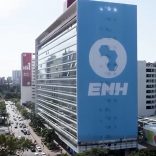

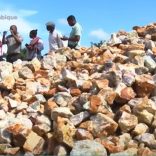
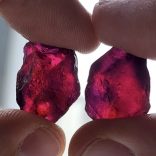
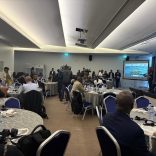





Leave a Reply
Be the First to Comment!
You must be logged in to post a comment.
You must be logged in to post a comment.